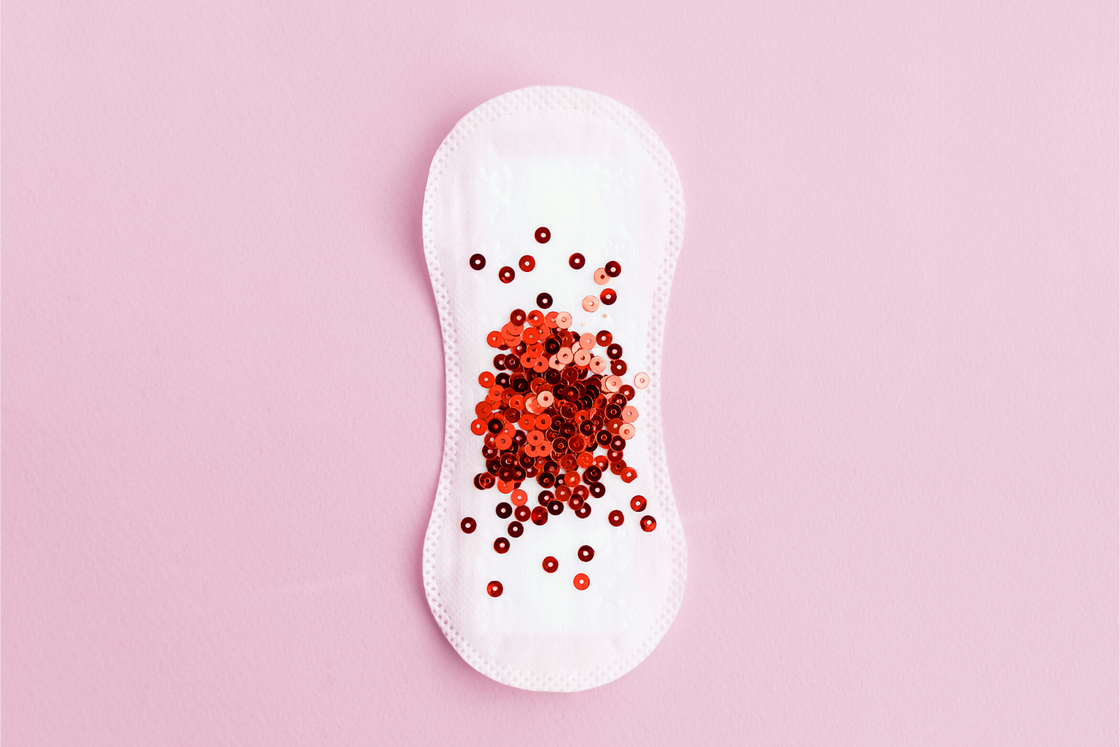As a woman’s hormones rise and fall, they might experience premenstrual syndrome or PMS. It can affect a large number of women, and nearly 2 out of 5 women aged 14 to 50 experience PMS symptoms at some point. Of these women, 10% have such severe symptoms that they disrupt their usual day to day lives.
Premenstrual syndrome includes a range of both emotional and physical symptoms that are associated with a woman’s menstrual cycle. For most women, these symptoms occur around five to ten days before menstruation. It is thought that neurotransmitters and reproductive hormones play a huge role in the development of PMS.
PMS Symptoms And Types
The majority of women that experience PMS will have symptoms that are manageable but annoying. For others, though, PMS can become debilitating and leave them unable to get on with their lives. It has been said that there are four types of PMS;
- PMS A – Anxiety: This type of PMS is the most common type. Symptoms such as irritability, anxiety and nervous tension are experienced by women who have PMS A. These symptoms are associated with low progesterone and raised oestrogen levels.
- PMS C – Cravings: An increase in appetite, fluctuations in blood sugar and a craving for carbohydrates are all symptoms of this type of PMS. These often result in headaches, fatigue, dizziness, fainting and palpitations. It has been attributed to imbalanced fatty acids and blood sugar levels.
- PMS D – Depression: The most serious but least common type of PMS. Symptoms of PMS D include confusion, insomnia, depression, withdrawal and tearfulness. It is because of low levels of oestrogen and high levels of DHEA and progesterone.
- PMS H – Hyperhydration: The final type of PMS sees symptoms of abdominal bleeding, water retention, weight gain and breast tenderness. It is sometimes associated with excess oestrogen, a magnesium deficiency, high stress and low dopamine production.
Natural Ways To Address PMS
When it comes to treating PMS and easing symptoms, there are medications available and we’d always recommend speaking to your GP if yout symptoms are unmanageable. However, there are some natural ways that could help address and reduce PMS symptoms.
- Magnesium
The body uses magnesium for a lot of critical functions, such as supporting the nervous system. Low levels of magnesium are often found in women that suffer from PMS. While research into the effect of magnesium on reducing PMS symptoms is still lacking, one study has shown that it can provide significant improvement. It has been claimed that magnesium can help ease symptoms of PMS that are related to mood.
- Omega fatty acids
Evening primrose oil, borage oil and flax oil are all essential fatty acids that can help to increase prostaglandins and reduce inflammatory prostaglandins. The increased prostaglandins can help to relieve breast pain, menstrual cramping, increased clotting and water gain. As well as this, omega fatty acids can stimulate small production of oestrogen. This helps to alleviate PMS symptoms naturally.
- Probiotics
Probiotics play many important roles within the body, and they can also help to ease symptoms of PMS. Acidophilus cultures which are certified live and dairy-free can help to promote healthy flora within the bowel. Bowel flora imbalance is common among women with a history of antibiotic use, chronic yeast infections, birth control pill use, a high intake of refined foods, chronic corticosteroid use high stress.
All of these can contribute to PMS symptoms, and enhancing bowel flora can help to ease these. Bifidobacterium Bifidus and Lactobacillus acidophilus both help to metabolise phytoestrogens, making them worthwhile for supporting PMS symptoms.
- Vitamin B6
Also called pyridoxine, vitamin B6 could be beneficial for reducing PMS symptoms. Cramping, excessive bleeding and fibrocystic breasts are all symptoms that have reported to be reduced by vitamin B6 consumption. It has been suggested that a pre-metabolised form of vitamin B6 is the most effective option for reducing PMS symptoms. It can be found in many foods and natural supplements.
- Vitamin E
Vitamin E contains eight compounds, including four tocopherols which are alpha, beta, gamma and delta. The vitamin has been reported to provide significant improvements for both physical and affective symptoms of PMS in women. D-alpha tocopherol, which is the natural form of vitamin E, is claimed to be more bio-available than other synthetic forms.
- Aromatherapy
As well as vitamins and minerals, PMS symptoms can also be temporarily relieved using aromatherapy. Adding essential oils to a diffuser or bath can help with cramping, water retention and stress. Oils including ylang-ylang, clary sage, lavender and juniper are all suggested as good options for relieving PMS symptoms.



